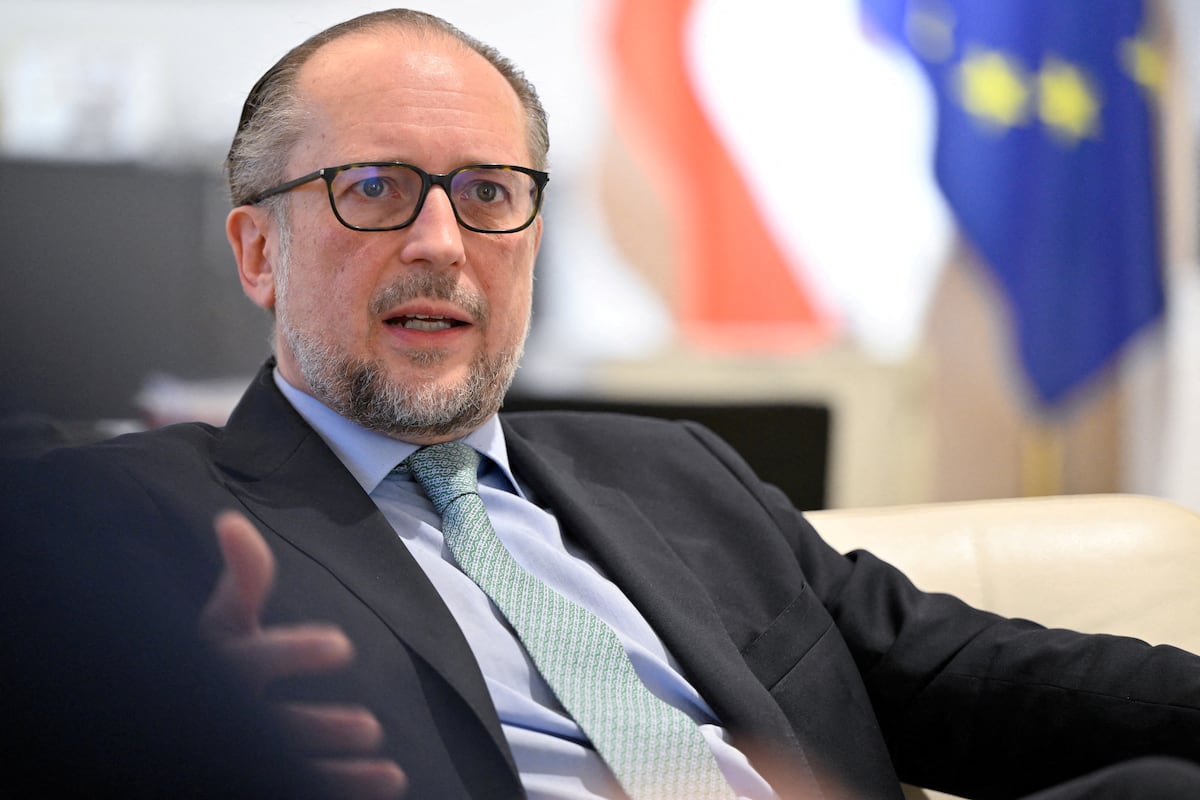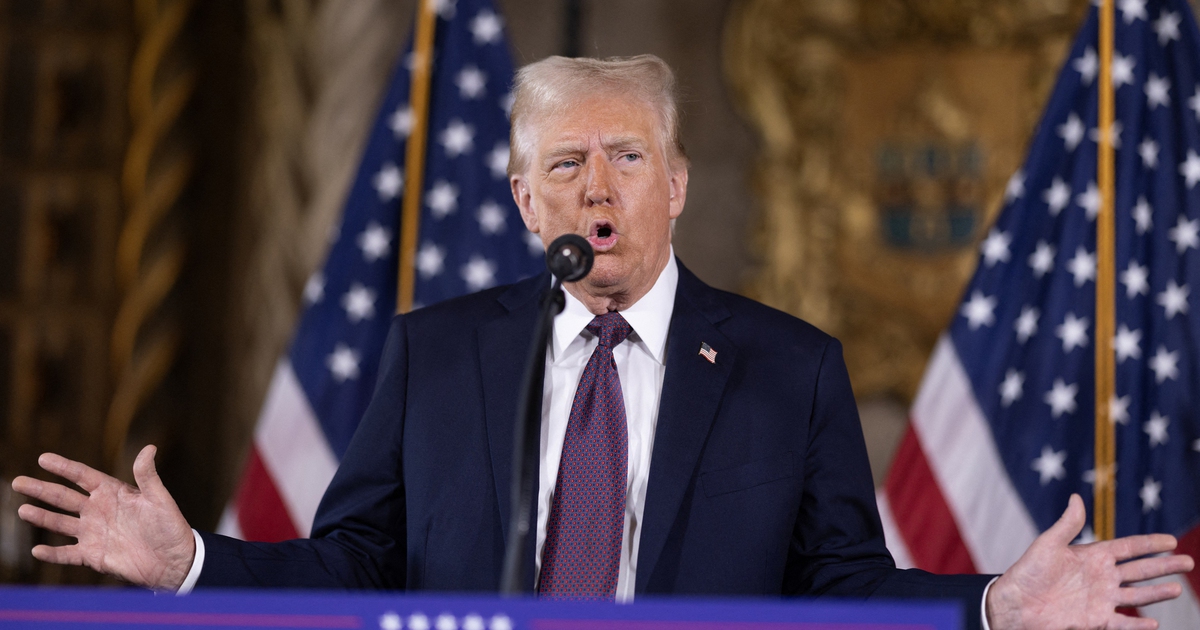Austria’s Foreign Minister, Alexander Schallenberg, will become the interim head of government this Friday after the resignation of conservative Chancellor Karl Nehammer following the failure of coalition negotiations that left out the FPÖ ultras. The Presidency announced this Wednesday the change at the head of the Executive until a stable Government coalition is formed that emerged from the elections of September 29, in which the FPÖ won with 28.8% of the votes.
Schallenberg takes office as the politician of the current Government with the most years of experience in the Executive after the resignation of Nehammer, who had promised that under his leadership, the People’s Party (ÖVP) would not accept the FPÖ in the chancellery.
The Foreign Minister, 55, is a veteran of Austrian diplomacy. This is the second time that he has assumed the position of head of government after a brief period in 2021, following the resignation of another conservative chancellor, Sebastian Kurz. Schallenberg, of the ÖVP, has already made it clear that he will not participate in a government led by the far-right eurosceptic Herbert Kickl, whom Nehammer defined on several occasions as “a risk for Austria’s security.”
Kickl, who has been tasked with forming a government, has asked the new ÖVP leadership to start negotiating a coalition as soon as possible and warned that he does not fear new elections, with polls giving his party up to 37% of the votes.
The two traditional parties, the ÖVP, which obtained 26.2% in the elections, and the Social Democratic Party (SPÖ), which added 21.1%, failed to form a coalition after the liberal Neos left the negotiation. . Both the ÖVP and the SPÖ are going through difficult internal moments and the polls give each party 20 or 21% voting intention.








